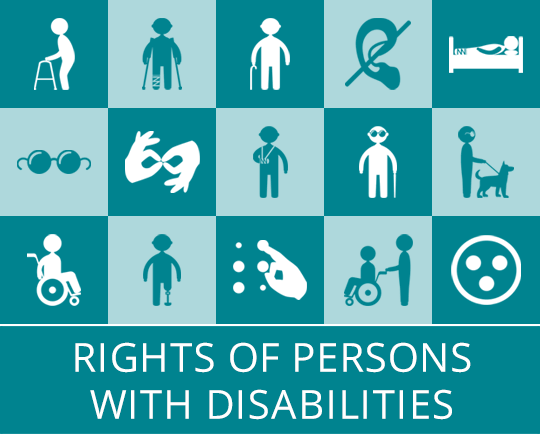
Disability Rights | Dual Conditions in RWPD Act Create Obstacles, Says Supreme Court While Providing Relief To Person With Color Blindness
Last Updated on October 19, 2023 by News Desk
Issue:
While seeing the case of Mohamed Ibrahim, an individual with colour blindness who had been refused a position as Assistant Engineer (Electrical) at the Tamil Nadu Generation and Distribution Corporation (TANGEDCO), the Supreme Court addressed concerns about the categorization and threshold conditions of disabilities under the Right to Persons with Disabilities Act 2016.
Facts of the Case:
Mohamed Ibrahim, an electrical engineering graduate, applied for the post of Assistant Engineer (Electrical) and was first thought to be qualified. During a medical test, he was discovered to be colorblind. TANGEDCO denied his application due to worries about his ability to deal with color-coded electrical lines and wires. Ibrahim successfully appealed the ruling under Article 226 of the Constitution in the Madras High Court. However, the Madras High Court division bench eventually overturned the order, prompting Ibrahim to seek redress from the Supreme Court.
Arguments Presented:
TANGEDCO contended that a lack of color vision was a valid grounds for exclusion from the position of Assistant Engineer (Electrical). They claimed that color blindness would make it difficult for the candidate to operate with color-coded equipment.
Ibrahim’s case focused on his credentials as an electrical engineering graduate, his expertise and expertise relating to the job’s tasks, and his practical experience throughout his studies. He sought reasonable accommodations to address his color blindness while performing his professional duties.
Reasoning of the Judgment:
While acknowledging TANGEDCO’s concerns, the Supreme Court reminded them of their need to offer “reasonable accommodation” as specified by Section 2(y) of the RPwD Act. The Court cited prior instances to stress the significance of adequate adaptation and encompassing design of public buildings and services.
Judgment:
The Supreme Court overturned the lower court’s decision and ordered TANGEDCO to hire and retain Ibrahim as an Assistant Engineer (Electrical) at the proper pay grade. The Court stated that the obligation of adequate adaptation does not place an excessive strain on the employer.
The Court emphasized the requirement for a more reasonable and welcoming approach to accommodating those who may not fall within the designated categories of PwDs in its decision.
Written by – Nikita Shankar




